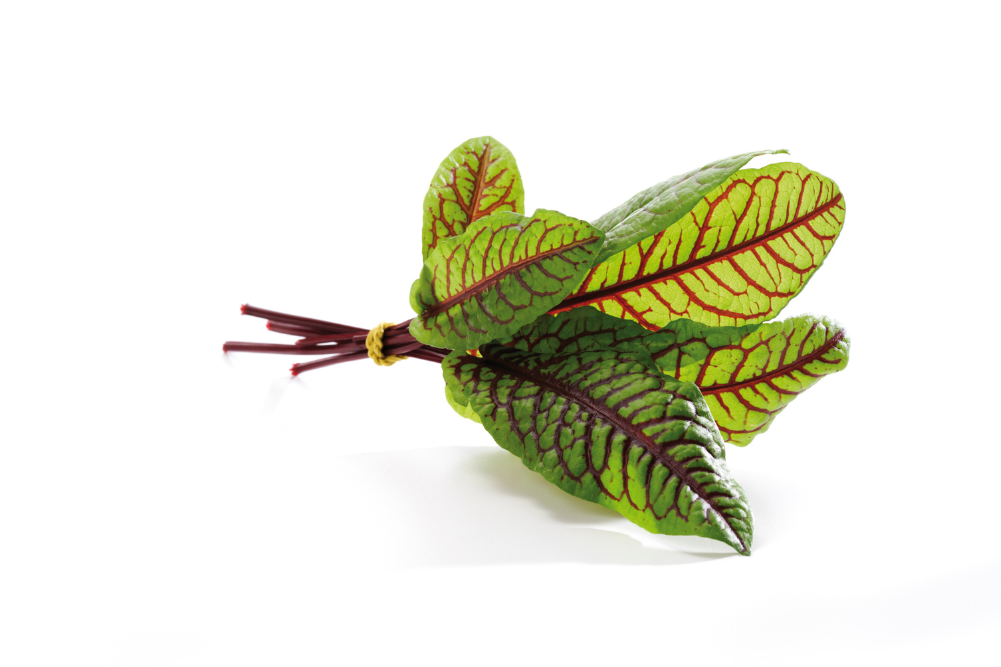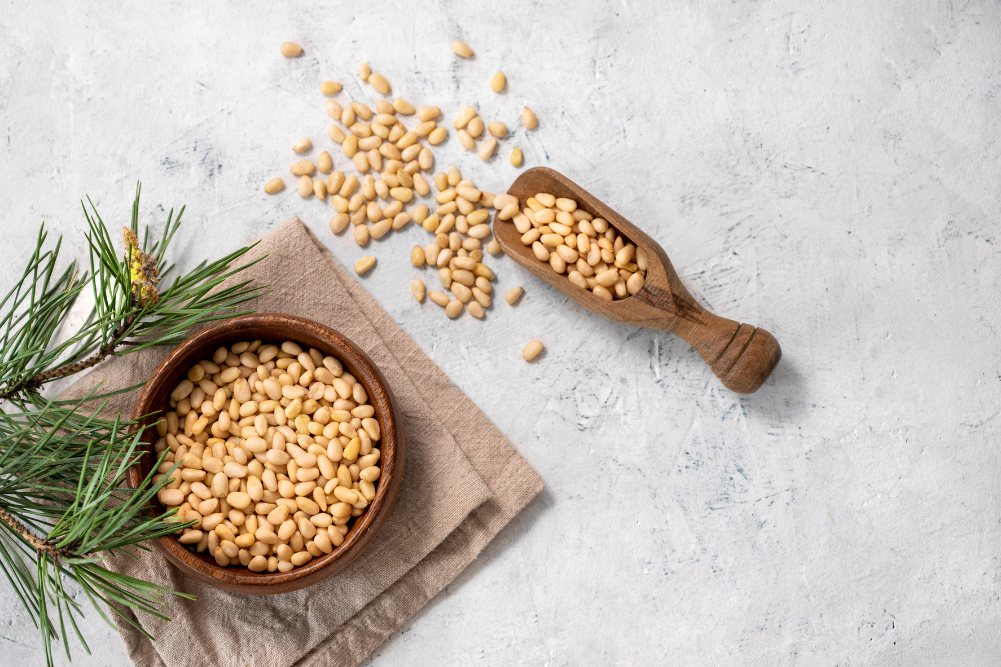Sports supplement banned
The body-building and sports supplement industry have a lot of unique products available most f them aimed at either boosting energy in the short term or building muscle in the long term. Of course a lot of these products also aim to reduce fat levels in the body. While some of the products are effective, some also fail to deliver what they promise. Like anything taken into the body (be it a food, pharmaceutical, or supplement) there is the potential for some of these products to be harmful and now the Therapeutic Goods Administration (TGA) has deemed that one supplement known as DMAA can no longer be sold in Australia due to safety concerns.
DMAA (1,3-dimethylamylamine) is a stimulant found in some nutritional and sport supplements. It acts as a stimulant and is used in pre-workout sports supplements and “party pills†to provide an adrenaline-like high. It is claimed by some manufacturers to be a “natural†extract of geranium. However, in a new study researchers analysed eight different geranium extracts from plants grown in a variety of regions and found no traces of DMAA in any of them. In addition, the chemical makeup of supposedly natural, plant-derived DMAA was identical to that of admittedly synthetic DMAA. Researchers concluded the DMAA found in supplements could not have come from the geranium plant.
The safety of DMAA has been called into question in recent years. In 2011, following the deaths of two US soldiers who had heart attacks during training exercises and had taken DMAA, the US Department of Defense removed supplements containing DMAA from its stores on military bases.
DMAA has been linked with various adverse health effects including high blood pressure, headaches, vomiting, cerebral haemorrhage, stroke and death. Now the TGA has banned the use of DMAA as of 8 August 2012. The reasons given by the TGA are that DMAA has no health benefits and is a toxic substance, that there are many health risks associated with its use, its long-term safety has not been demonstrated, and that it presents a high risk of abuse, misuse and illicit use.
DMAA is also banned in New Zealand, Canada and some European countries. It is also prohibited in competitive sport by the World Anti-Doping Agency.




